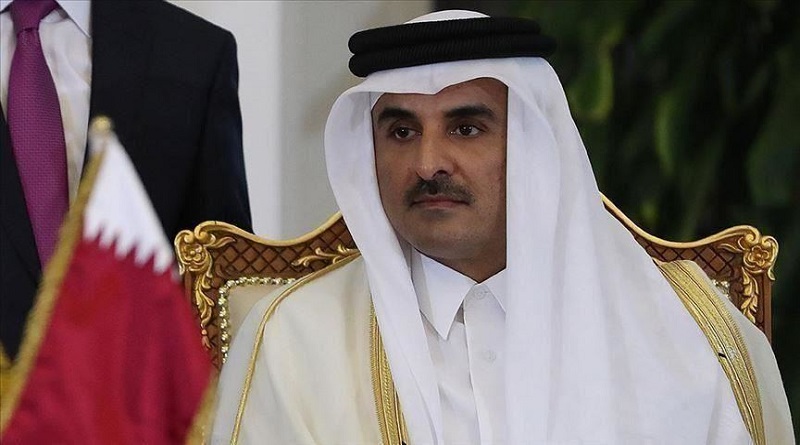Qatar emerges 125 Party to Minamata Convention on mercury
The government of Qatar on Wednesday 4 November 2020 deposited its instrument of accession there emerged as the 125th Party to the Minamata Convention on mercury.
Parties to the Convention took far reaching decisions at its recently concluded third Conference of the Parties to the Convention (COP3) held in Geneva, Switzerland in November particularly on phasing out mercury-added products by 2020.
The Minamata Convention which entered into force on August 16, 2017 is the first global treaty that seeks to protect human health and the physical environment from mercury emissions and releases into the environment.
The Governing Council of the United Nations Environment Programme (UNEP) had in February 2009 adopted Decision 25/5 on the development of a global legally binding instrument on mercury.
However, following the conclusion of the negotiations at the fifth session of the Inter- governmental Negotiating Committee (INC5), the text was adopted and opened for signature at a Diplomatic Conference (Conference of Plenipotentiaries), held in Kumamoto, Japan from 10 to 11 October 2013, with a ceremonial opening in Minamata on October 9 same year.
Specifically, the objective of the Convention is to protect human health and the environment from anthropogenic emissions and releases of mercury and mercury compounds by measures: to control the supply and trade of mercury; to control mercury- added products and manufacturing processes including artisanal and small scale gold mining; on the environmentally sound interim storage of mercury and on mercury wastes on contaminated sites.
Since it became legally binding in 2017, all hands by governments, non-governmental organisations, development agencies, professionals and other stakeholders have been on the deck to develop policies, programmes and create awareness across the globe on the dangers of mercury to human and physical environment and to make mercury history.




